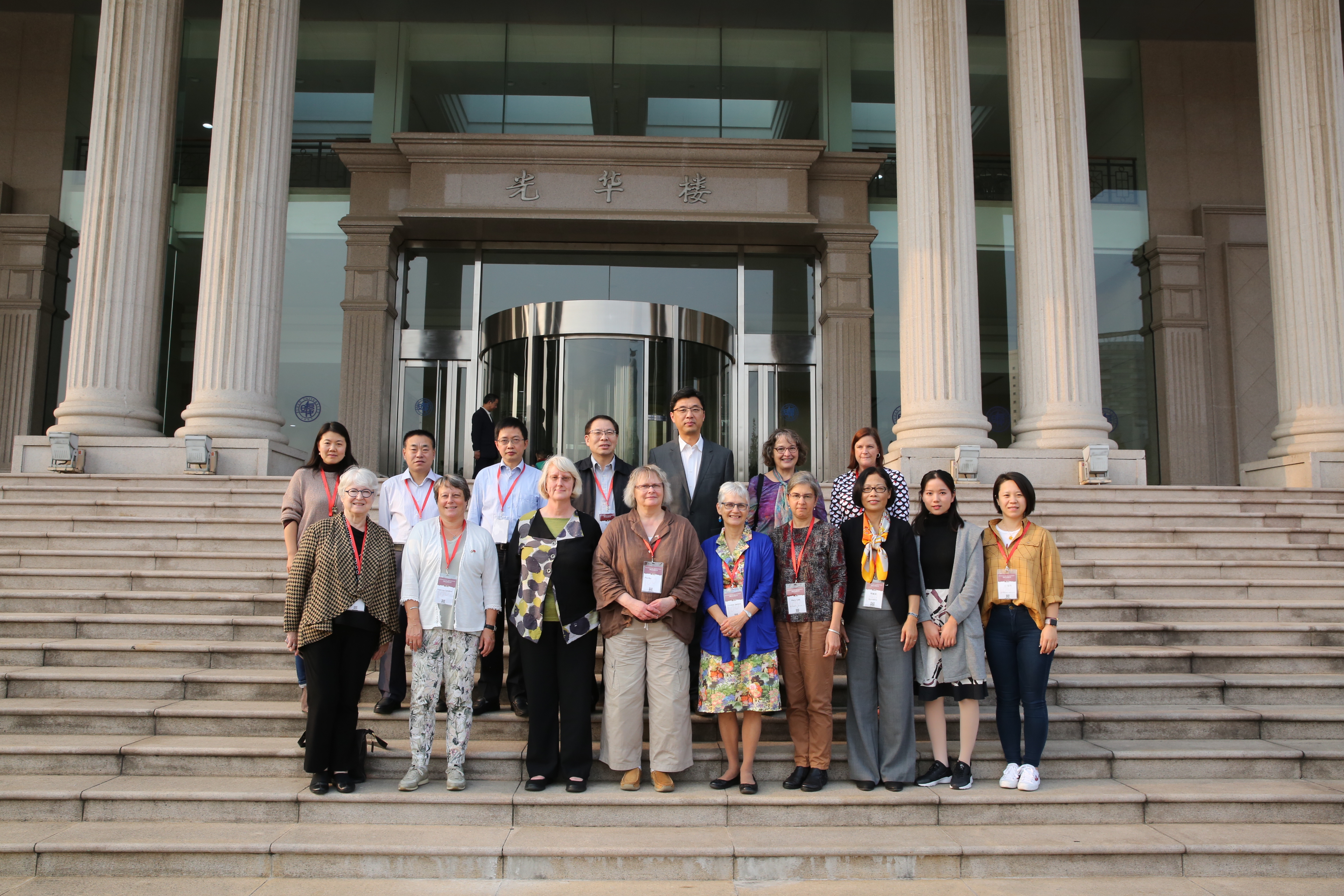Two weeks ago, I had the great pleasure to be able to attend the Biography Conference “Different Lives” at the University of Groningen’s Biography Institute. You can find the programme and photo’s online on the Institute’s Facebook page.
My reason for attending was my own love for biography and more important, the opportunity to speak with Dutch biographers and aspiring biographers about indexes and why Dutch biographies usually only have names indexes. A year ago, I talked to Jolande Withuis about the lack of a general index in her book about Juliana. From that conversation I gleaned that the absence of a general or subject index was more due to lack of know-how and not knowing about professional indexers, than to anything else.
Responses to my questions about the lack of indexes at the Biography Conference were varied. Some Dutch journalists in the process of writing biographies, displayed a total disinterest in indexes overall. I wonder if they don’t use general indexes in their own research. However, Dutch academics were more interested in my profession and some expressed real interest in making use of a professional indexer. In these conversations I could not only promote myself, but the NIN (Nederlands Indexers Netwerk) as well. One of the attendants let slip that he thought general indexes were too explicit, giving the potential buyer the opportunity to read the interesting bits in the bookshop and thus not buying the book. Or not buying the book because the subjects the reader was interested in weren’t mentioned in the index and consequently not discussed in the book. He’d rather have disillusioned buyers.
All the attendants from the Anglo-Saxon countries (UK, US, Canada, Australia & New Zealand) with a firm tradition in indexing, South Africa included, where unanimous about the added-value of a general index. Some had a say about who indexed their books, others hadn’t, depending on the contracts they signed with their publishers. One British biographer made use of the same indexer throughout his 44 year long career.
This brings up the delicate question of money. Publishers in the Netherlands usually don’t want to spend money on an index, so the writer has to pay for it out of his/her own pocket. At between €3.50 and €4.00 per indexable page, this can of course be an obstacle. A names index will usually cost no more than €2,00 per page and can be done by the author without much knowledge of the indexing process. But I think there is a return on the extra investment that goes beyond sales figures: a grateful reader and no loss of information.
Did I start my education about indexing with the wrong target group? Should I concentrate on readers instead of writers? If I could persuade every reader to complain to the publisher about the lack of a general index in the non-fiction book he just bought, would that change the status quo. Will publishers become more eager about investing money in indexes when they know the reading public wants them? Could I badgered online bookshops like Bol.com into prominent displaying if a book has a general index, a names index or no index at all? Or better still show the index in their “look inside the book” option. Now you have to wait and see what arrives in your mailbox.
I sometimes feel like a voice in the wilderness. Of course as an indexer I have an immediate interest in raising the percentage of indexes in Dutch non-fiction books, but that’s not the main reason for my quest. It’s the loss of so much relevant information, which could so easily have been unlocked by a professional index. It’s the librarian in me that finds this appalling. An author has usually spend years on researching and writing his book, without a general index all that knowledge will disappear into obscurity.






Leave A Comment